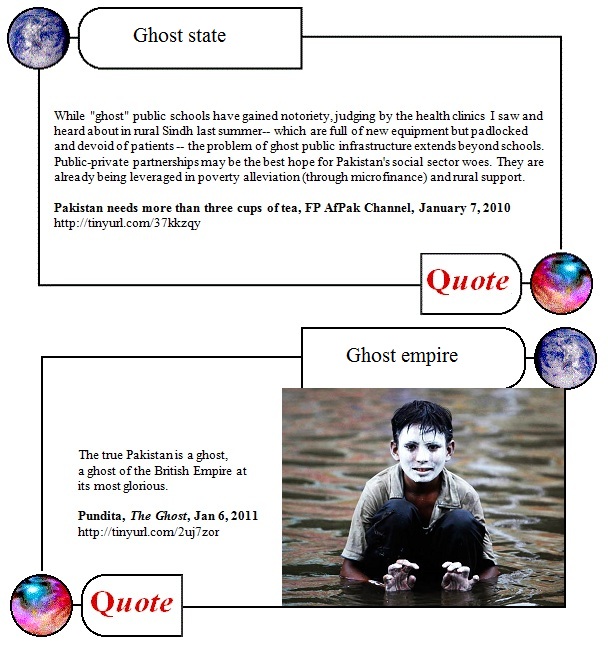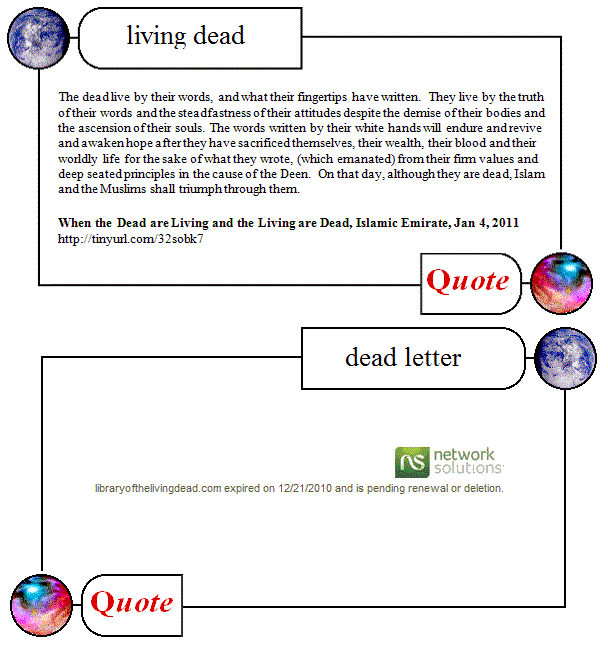Part I here. (The comment thread on the previous post is very interesting. Kudos to the commenters.)
It’s been quite an interesting read thus far. I might actually go so far to say that some of the greatest inventions in warfare have been canned foods and preservatives, the internal combustion engine, cold-weather clothing and heaters, and night-vision equipment. These allow armies to campaign anywhere they choose, for as long as they desire. They also permit armies to operate day and night, and all year long–a relatively recent development in warfare.
– Starbuck on Martin van Creveld’s “Supplying War: Logistics from Wallenstein to Patton”.
Talking to the local media on January 2, Balochisan’s Chief Minister Muhammad Aslam Raisani said that the provincial government was ready to provide security to NATO supplies if they were transported through the Gwadar port. Raisani said that the NATO forces would have to invest $1.5 billion for the construction of roads to facilitate the transportation of oil to Afghanistan through the Gwadar port. He added that the Afghan Transit Trade through Gwadar could promote trade and business in Balochistan besides opening new opportunities for employment. According to him, the Afghan Transit Trade through Gwadar Port was the need of hour for the development of the port.
Two more excerpts as “food for thought”:
“COIN”: It is quite possible that never before in the annals of military operations has a concept been so thoroughly abused as this one. After all, the COIN described in FM 3-24 is really “Colonial Intervention” rather than Counter Insurgency.
The entire comment is worth reading in full.
Israel is particularly eager for these UAVs to succeed at maritime recon, for that would open up a huge market for Israeli made UAVs and sensors. Israel has been the leader in UAV technology for over two decades, and has been supplying with UAVs to the Indian navy for eight years now. India has taken the lead in regularly using UAVs for maritime reconnaissance.

